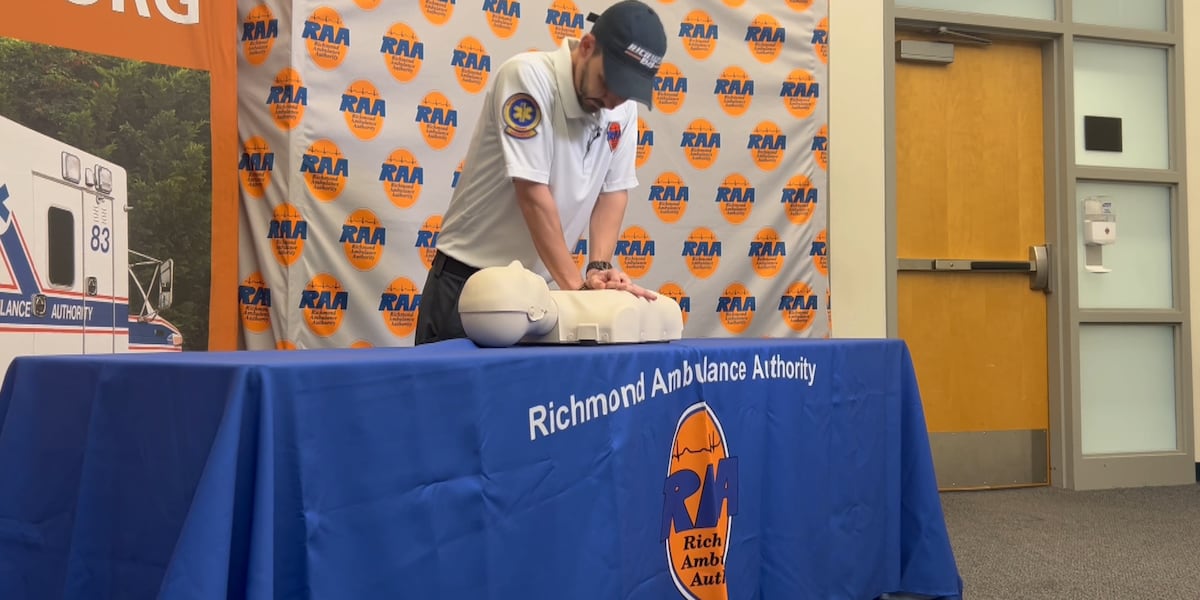Prompt Response at Local Diner Underscores CPR’s Critical Role
In Richmond, Virginia, the quick thinking and actions of a Virginia Commonwealth University student at a local restaurant have highlighted the critical importance of CPR training. The student, Harris, sprang into action to save a diner experiencing a medical emergency, providing immediate CPR under pressure. This incident not only saved a life but also sparked a broader conversation about the accessibility and importance of CPR training.

Local Business Commits to Staff Training in Lifesaving Techniques
Following the life-saving incident, Rob Thompson, the owner of the establishment where the event occurred, decided to ensure all his staff were prepared for such emergencies. He has initiated plans to have the American Red Cross conduct CPR training sessions for employees across his three business locations. This move reflects a growing recognition among local businesses of the importance of such vital training.

Richmond Ambulance Authority Advocates for Widespread CPR Knowledge
Harold Mayfield, a training coordinator with the Richmond Ambulance Authority, emphasized the significant role bystanders can play in emergency situations through CPR, especially given that most cardiac arrests occur outside of medical facilities. He noted an uptick in the community’s interest in learning CPR, stressing that these skills are crucial for increasing the survival rates of those experiencing sudden cardiac arrests. Mayfield’s passion for teaching lifesaving skills is part of a larger effort to equip more individuals with the ability to perform CPR, making the community safer for everyone.

Additional Factual and Beneficial Information:
CPR (Cardiopulmonary Resuscitation) training can dramatically improve the survival rate of individuals suffering from sudden cardiac arrest. Studies have shown that CPR, especially if performed immediately, can double or triple a cardiac arrest victim’s chance of survival. Knowing CPR can enable bystanders to act as first responders, providing critical help before professional medical help arrives.
Educational campaigns and access to training can significantly impact community health outcomes. Organizations like the American Heart Association advocate for widespread CPR training and awareness, ensuring that more people can perform these lifesaving techniques. These efforts are crucial in building a society where more individuals are equipped and empowered to help during cardiac emergencies, potentially saving thousands of lives annually.
